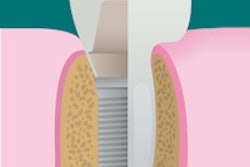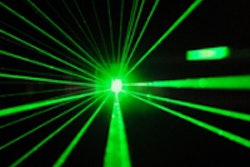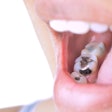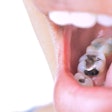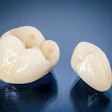Dear Restoratives Insider,
In this edition of the Insider, DrBicuspid.com profiles a company with a new anesthetic delivery system that could make fear of the needle in adults and kids irrelevant. The drug, developed by St. Renatus and now in phase III clinical trials for U.S. Food and Drug Administration approval, could also be administered by an assistant.
Read more about this novel product in this latest Insider Exclusive.
In a related story, a technique called computer-assisted relaxation learning (CARL) can ease the minds of needle-fearing patients, according to a new study in the Journal of Dental Research.
Another feature examined factors leading to restoration failures that should influence treatment plans, according to Valeria Gordan, DDS, MS, MS-CI, lead researcher of the Journal of the American Dental Association study.
And two recent articles could help dentists handle some common patient ailments: The first asks: Are lasers effective for dentin hypersensitivity? A study in General Dentistry offers a definitive answer to the question. The second found evidence that a widely available solution for acute toothaches works -- and works well.
Meanwhile, after several rough years during the recession, the implant market appears to be staging a comeback in the U.S. Some markets outside of North America are hotter still, with claims of double-digit growth. So why aren't implant manufacturers' financials reflecting these trends? Read more in this latest Restoratives Market Update.
There appears to be plenty of interest in implants domestically, as hundreds of practitioners attended a recent implant complication symposium in San Francisco. Read an expert panel’s solutions to a host of common problems many implantologists face.
In other Restoratives Community news, the last few years have witnessed a growing problem in the dental industry: the manufacturing and distribution of counterfeit products. Click here for tips to help you avoid them and keep your patients safe.
Finally, a Dentomaxillofacial Radiology study determined which materials conflict with the use of magnetic resonance imaging (MRI) in clinical dentistry. Learn which materials of more than a dozen tested distorted an MRI’s results here.





